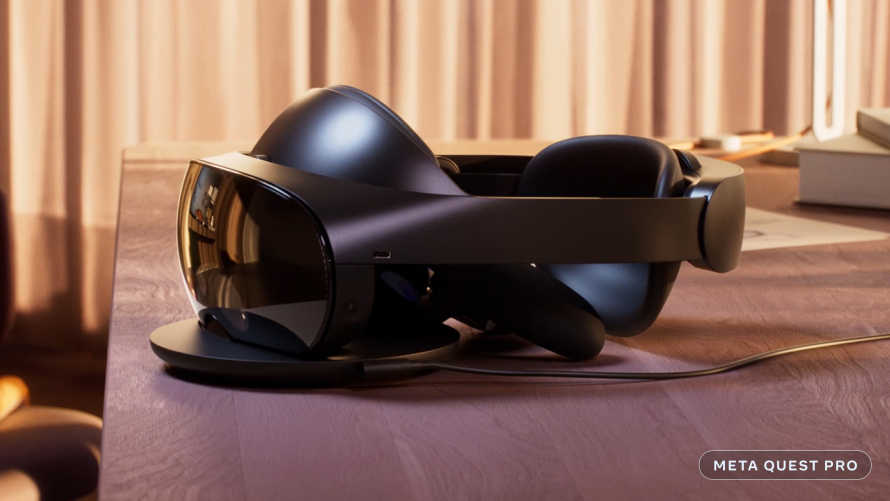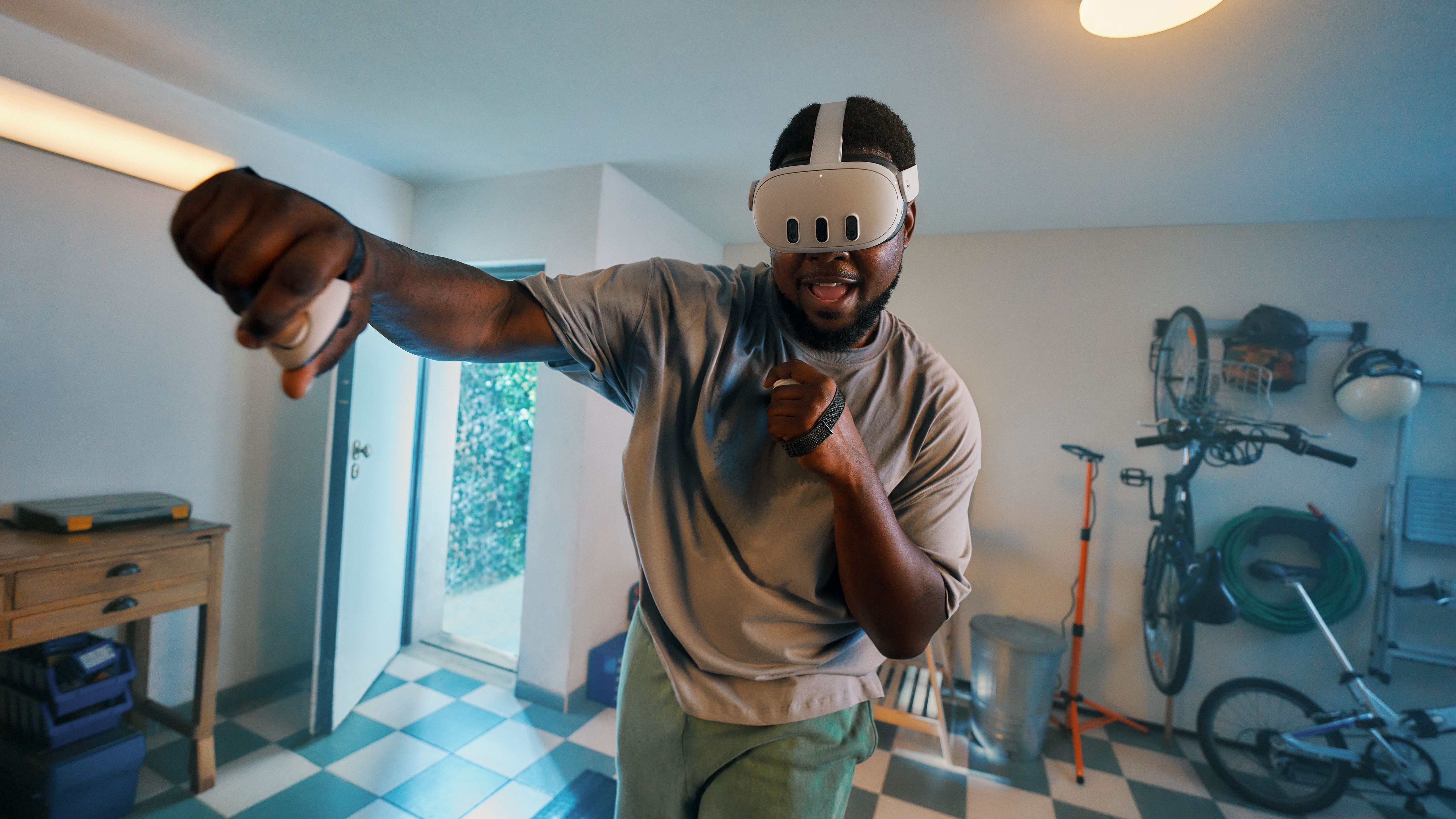
Meta is making its Horizon OS – the operating system its Quest headsets run on – available to third-party XR devices (XR is a catchall for virtual, augmented, and mixed reality), and it might be the biggest VR announcement anyone makes this decade.
The first batch will include headsets from Asus, Lenovo, and Xbox, and while we have an idea what these gadgets might offer, Meta CEO Mark Zuckerberg may have just provided us with a few more details, or outlined other non-Quest hardware we might see running Horizon OS in the future.
To get you up to speed, the three devices that were teased in the Horizon OS-sharing announcement are a “performance gaming headset” from Asus, “mixed reality devices for productivity” from Lenovo, and a more Quest-like headset from Xbox.
And in Meta’s Q1 2024 earnings call, Zuckerberg discussed the recent announcement by explaining the sorts of diverse XR hardware we might see by providing some pretty specific examples.
One was a “work-focused headset” that’s “lighter” and “less designed for motion;” you plug it into a laptop to use it, and this could be something we see from laptop-manufacturer Lenovo’s device. Another Zuckerberg description was for a “gaming-focused headset” that prioritizes “peripherals and haptics,” which could be the Asus headset.
Then there was a device that would be packaged with “Xbox controllers and a Game Pass subscription out of the box” – with Zuckerberg specifically connecting it to the announced Xbox device.
More Horizon OS headsets incoming?

He also detailed two devices which haven’t yet been teased: “An entertainment-focused headset” designed with the “highest-resolution displays” at the expense of its other specs, and “a fitness-focused headset” that’s “lighter with sweat-wicking materials.”
It’s possible that these suggestions were simply Zuckerberg riffing on potential Horizon OS devices rather than gadgets that are currently in the works. But we wouldn’t be surprised to hear that these gadgets are on their way given how plausible they sound – with it being that the partners aren’t yet ready to reveal they're working on something.
There’s also the question of other already-announced XR devices like the Samsung XR headset and if they’ll run on Horizon OS. Given Samsung has partnered with Google on its upcoming headset – which we assume is for software support – we posit that won't be the case. But we’ll have to wait and see what’s announced when the device is revealed (hopefully later this year).
All we can say is that Meta’s approach already looks to be paving the way for more diverse hardware than we’ve previously seen before in VR, finally giving us some fantastic options that aren’t just the Meta Quest 3 or whatever comes next to replace it.
Speaking of which, Zuckerberg added in the investor call that he thinks that Meta’s “first-party Quest devices will continue to be the most popular headsets as we see today” and that the company plans to keep making its state-of-the-art VR tech accessible to everyone. So if you do want to wait for the next Quest – perhaps the rumored Meta Quest 3 Lite or Meta Quest Pro 2 – then know that it’s likely still on the way.







